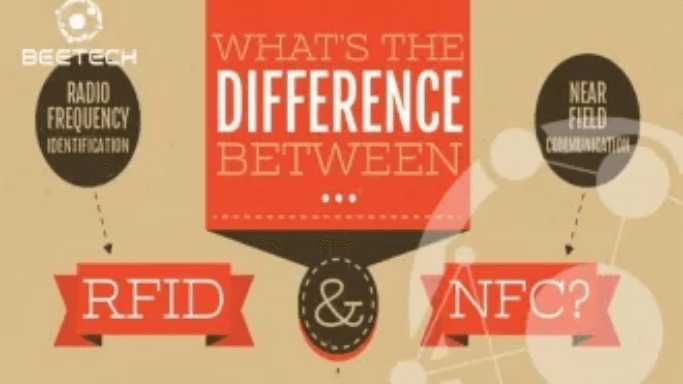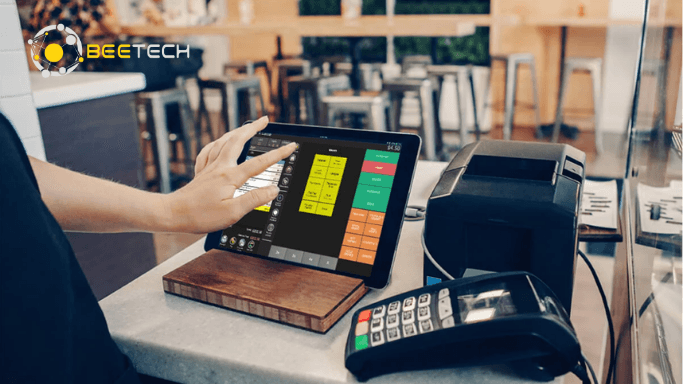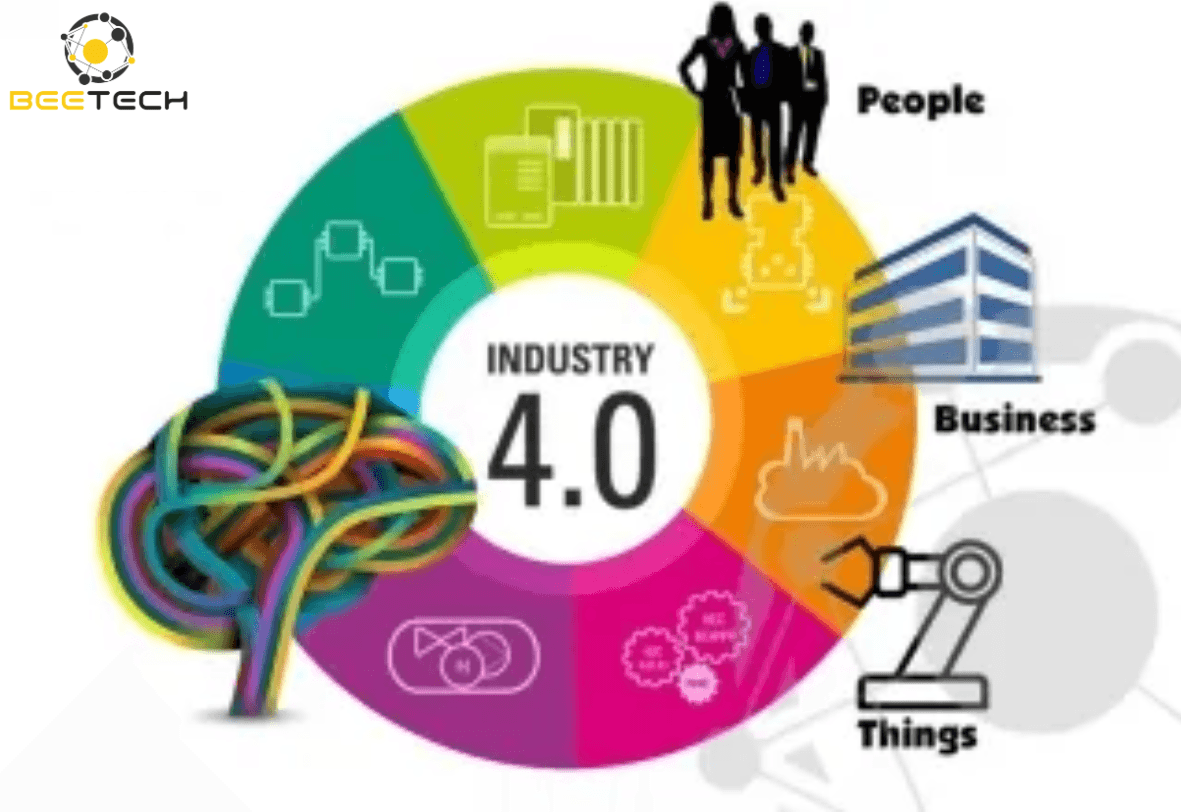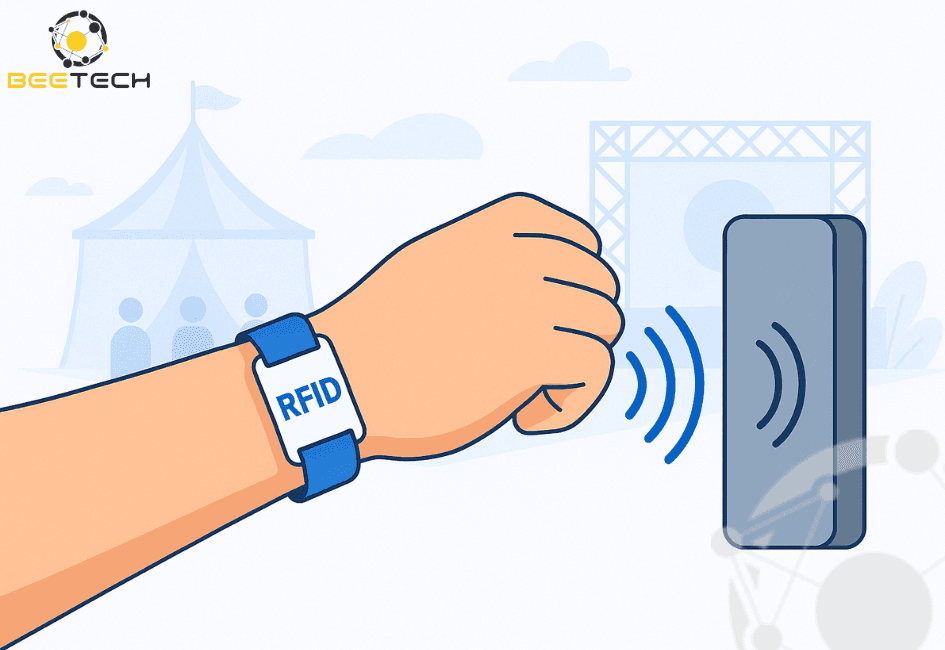80-82 Cao Duc Lan, District 2, HCMC, Vietnam
+84 76 865 6688
info@beetech.com.vn
+84 76 865 6688
About us
Contact us
80-82 Cao Duc Lan, District 2, HCMC, Vietnam
+84 76 865 6688
info@beetech.com.vn
+84 76 865 6688
About us
Contact us

Key Advantages of RFID Cards in the Digital Era
In recent years, along with the strong development of information technology and the trend of digitalization, we have witnessed the continuous emergence of advanced technological solutions in everyday life. From unmanned retail, driverless vehicles, smart warehouses, and smart libraries to supply chain management systems in industries and healthcare, RFID technology (Radio Frequency Identification) has been increasingly asserting its importance.
What makes RFID stand out is its ability to collect and identify information without direct contact. Using radio frequency waves, RFID tags can automatically transmit data to readers accurately and quickly, without manual intervention. This advantage places RFID far ahead of many traditional identification methods such as barcodes or magnetic cards.
The following article will explore in detail the greatest advantages of RFID cards and clarify why this technology is becoming a vital foundation in the era of the Internet of Things (IoT).

One of the most outstanding advantages of RFID cards is their fast scanning speed and high accuracy. Unlike barcodes, which require a direct laser scan at a short distance and in a fixed orientation, RFID tags can be recognized remotely, even in complex environments or when obstructed.
Moreover, RFID readers can capture multiple tags simultaneously within seconds. This helps businesses save considerable time in inventory management, asset tracking, and product flow monitoring. In today’s fast-paced business environment, this capability provides RFID with a significant competitive edge.
Unlike barcodes, which can only store a limited string of numbers or characters, RFID cards can hold large amounts of data in their chips. The storage capacity can reach megabytes, sufficient to include detailed information such as production dates, expiration dates, batch information, serial numbers, and even encrypted data.
As digital transformation accelerates, the demand for storing and transmitting more complex information continues to grow — and RFID fully meets this need. Manufacturers are also continuously expanding RFID memory capacity, opening long-term prospects for RFID tags as powerful carriers of essential business data.
Another significant advantage of RFID tags is their resistance and durability in harsh environments. Unlike barcodes, which can fade, scratch, or lose readability when exposed to water, oil, chemicals, or physical impact, RFID data is stored electronically in the chip, making it far less vulnerable.
RFID tags can operate in wet, hot, dusty, or industrial conditions. This is why RFID technology is widely applied in manufacturing, logistics, agriculture, warehousing, and healthcare — fields that require both durability and reliability.
RFID cards can be rewritten, updated, or erased multiple times, which is a major advantage over traditional barcodes that are fixed once printed. Businesses can update information without issuing a new tag, saving costs and increasing flexibility.
For example, in asset management, RFID tags can be continuously updated with details on usage status, maintenance schedules, or current locations. This makes asset tracking transparent, efficient, and easy to manage.
RFID tags come in a wide variety of shapes and sizes to meet different requirements. From thin stickers applied to products, to durable hard tags for asset management, or even mini versions embedded into clothing, wristbands, or smart rings — RFID can be integrated anywhere.
This flexibility allows RFID to be applied across multiple sectors, including retail, healthcare, education, transportation, and access control. With the ongoing trend toward miniaturization and multifunctionality, RFID technology is becoming more and more present in daily life.
Unlike barcodes or magnetic cards, which can be easily copied, RFID tags can be encrypted and password-protected. This greatly reduces risks of counterfeiting, unauthorized modification, or data theft.
Especially in sensitive applications such as finance, healthcare, and personal data, RFID’s security functions are crucial. In addition, RFID systems support access authorization, ensuring only approved readers can retrieve the stored data. This security layer provides peace of mind for both businesses and end-users.
The combination of all these advantages makes RFID a multi-industry solution.
In retail, RFID helps manage products, reduce shrinkage, and enhance cashier-free shopping experiences.
In logistics, RFID enables end-to-end cargo visibility, improving supply chain optimization.
In healthcare, RFID ensures accurate tracking of medicines, medical equipment, and patients, reducing errors and enhancing safety.
In transportation, RFID is embedded in toll collection cards and transit passes, saving time and reducing congestion.
In education and libraries, RFID simplifies book management, student identification, and access control.
Clearly, RFID’s versatility positions it as a core technology driving the Internet of Things (IoT).
A key strength of RFID lies in its ability to connect data with modern management systems. Integrated into IoT, each RFID tag becomes a “data point” within a smart network, enabling businesses to track every product, improve inventory accuracy, and enhance operational response.
This not only creates immediate efficiency but also builds long-term competitive advantages. RFID makes supply chain management transparent, reduces losses and fraud, and opens opportunities for total operational upgrades.
The advantages of RFID cards have already proven their irreplaceable role in the digital age. With fast scanning, large memory capacity, durability, high security, reusability, and versatile designs, RFID has surpassed traditional identification methods.
As global enterprises continuously seek solutions to improve efficiency and reduce costs, RFID stands out as a strategic tool. More than just supporting IoT, RFID paves the way for smarter societies, where everything can be connected and managed efficiently.
In short, RFID is not merely a technology — it is the key to unlocking a fully digitalized future.
With more than 12 years of experience in the AutoID industry, Beetech is proud to be one of the leading providers of RFID solutions and smart devices in Vietnam. Our team of skilled engineers is dedicated to supporting businesses from consulting and deployment to full lifecycle support, ensuring that every RFID solution operates reliably and delivers maximum value.
Let Beetech be your trusted partner in building smart management systems that enhance competitiveness and accelerate growth in the digital era.
📧 Email: info@beetech.com.vn
🌐 Website: https://beetech.com.vn

See more products: Here


What is NFC? What is RFID? What's the difference between NFC and RFID?
18/09/2025 02:55:49

RFID for Businesses: How to Implement an Effective Membership Card Program
17/09/2025 02:47:07

RFID Antennas – A Breakthrough Solution for Harsh Industrial Environments
08/09/2025 06:56:50

RFID: A modern management technology effectively replacing Barcodes
04/09/2025 03:21:00

Seamlessly Operating RFID Technology for Smart Manufacturing in Industry 4.0
19/08/2025 03:48:58

**RFID – A Breakthrough Solution for Modern Event Management in Vietnam**
28/07/2025 04:01:17